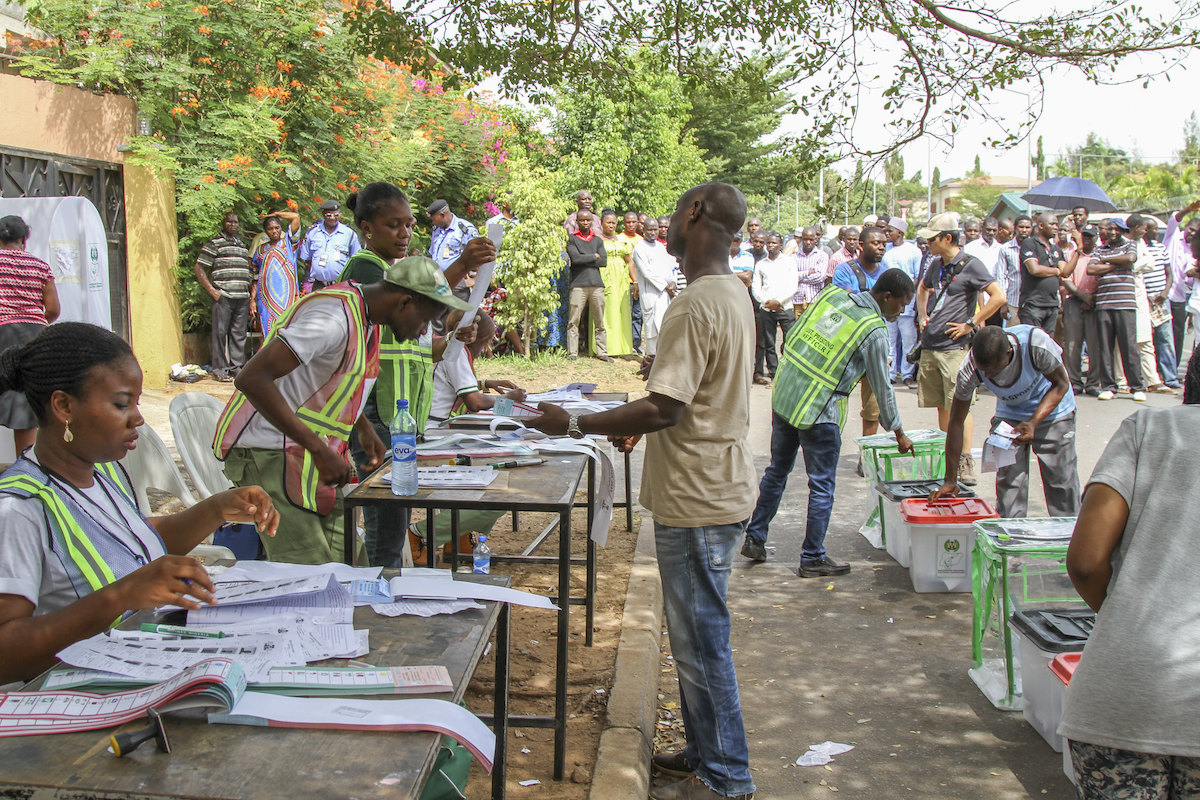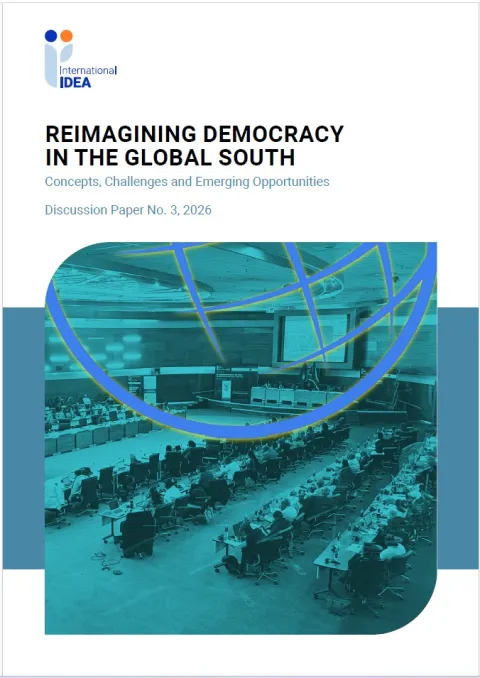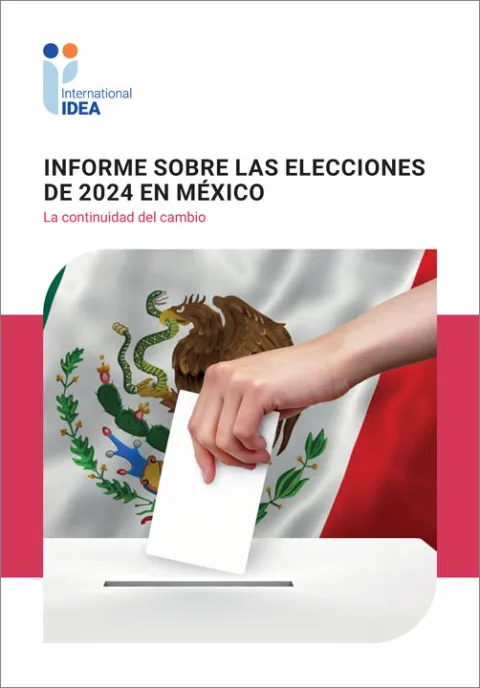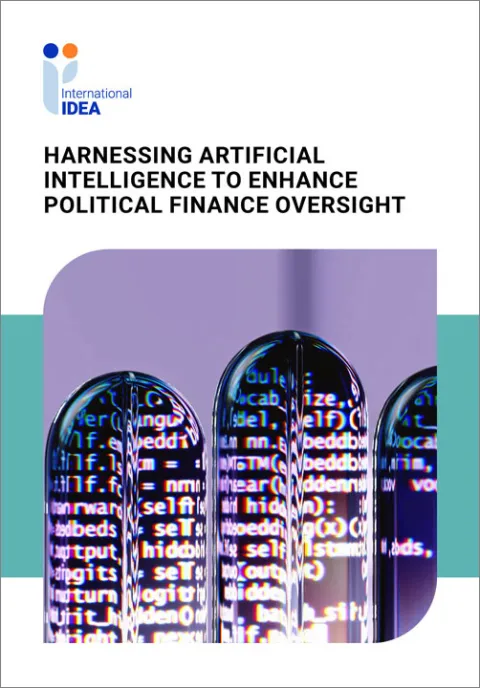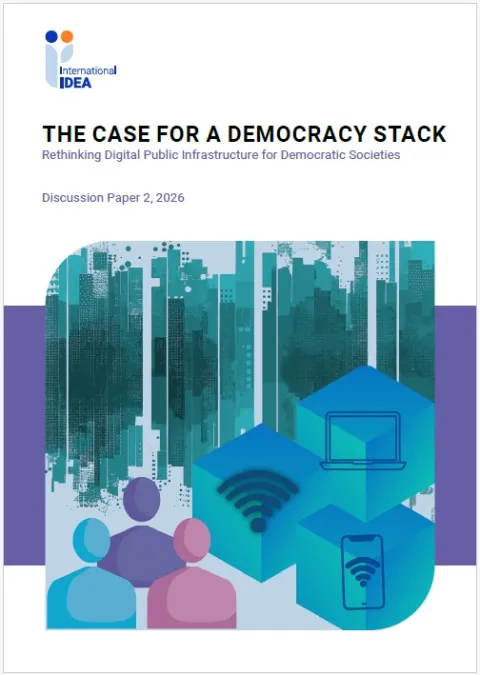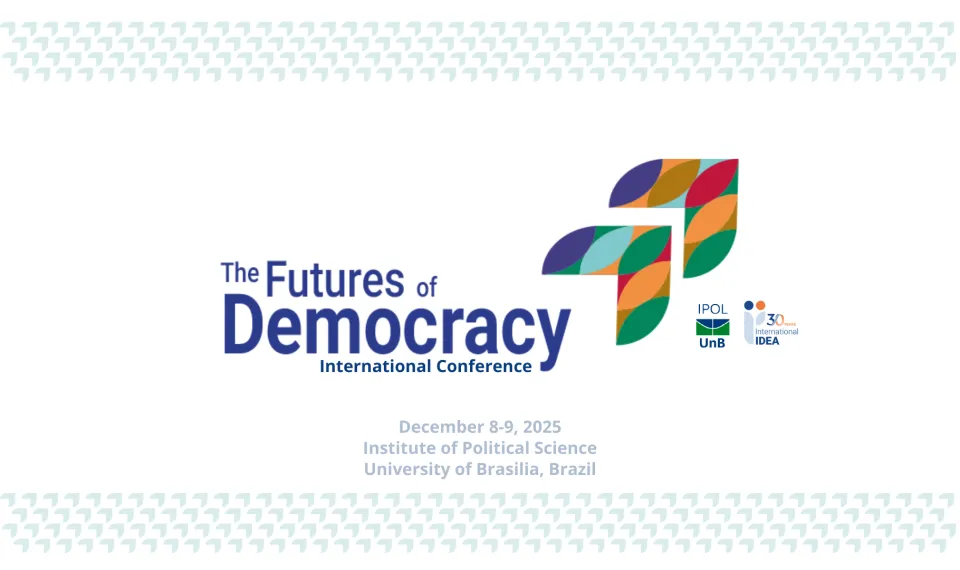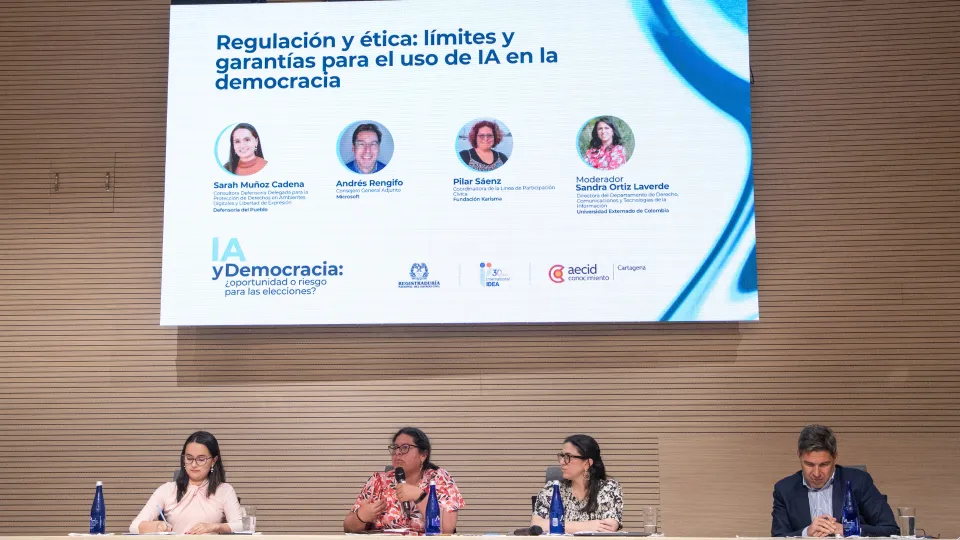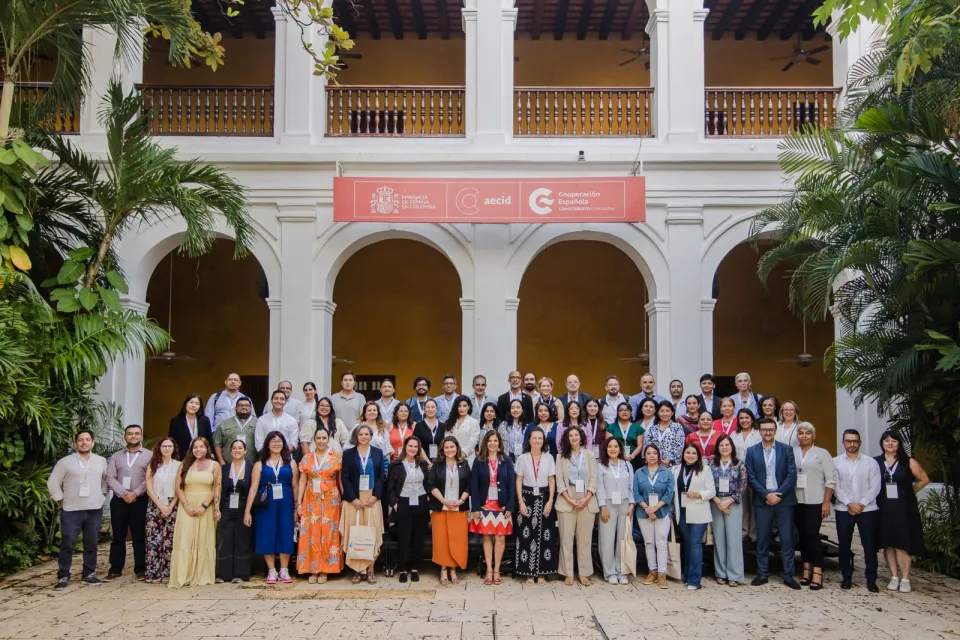Artificial Intelligence and Information Integrity: Latin American experiences
This policy paper examines the impact of artificial intelligence (AI) on information integrity in electoral contexts across Latin America. Drawing on case studies from Brazil’s and Mexico’s 2024 elections, it analyses how AI tools are used to create, curate and moderate political content online, with particular attention to their effects on marginalized groups such as women, Indigenous communities and LGBTQIA+ individuals. While the use of generative AI in elections remains limited, its potential to undermine democratic discourse and amplify harmful content demands urgent attention.
To protect democratic processes, this policy paper calls for a robust regulatory framework that includes transparency obligations for platforms, safeguards against AI-facilitated gender-based violence and inclusive governance strategies. It recommends stronger oversight of AI use in elections, provenance systems for synthetic content and independent auditing of content curation algorithms. As AI evolves, so too must our commitment to electoral integrity and the protection of all voices in the democratic sphere.
Details
Contents
Executive summary
Introduction: The challenge of artificial intelligence in Latin America
1. AI and information integrity in elections
2. Impact of AI on elections in Mexico and Brazil
3. AI policies and elections in Latin America
4. Policy recommendations
References
Give us feedback
Do you have a question or feedback about this publication? Leave us your feedback, and we’ll get back to you
Send feedbackArtificial Intelligence and Information Integrity: Latin American experiences
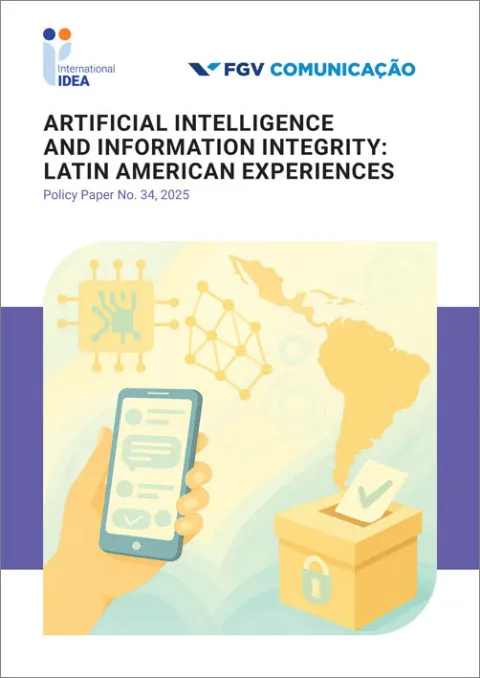
| Total views | 4461 |
|---|---|
| Downloads | 242 |
| Rating |
Give us feedback
Do you have a question or feedback about this publication? Leave us your feedback, and we’ll get back to you
Send feedback
